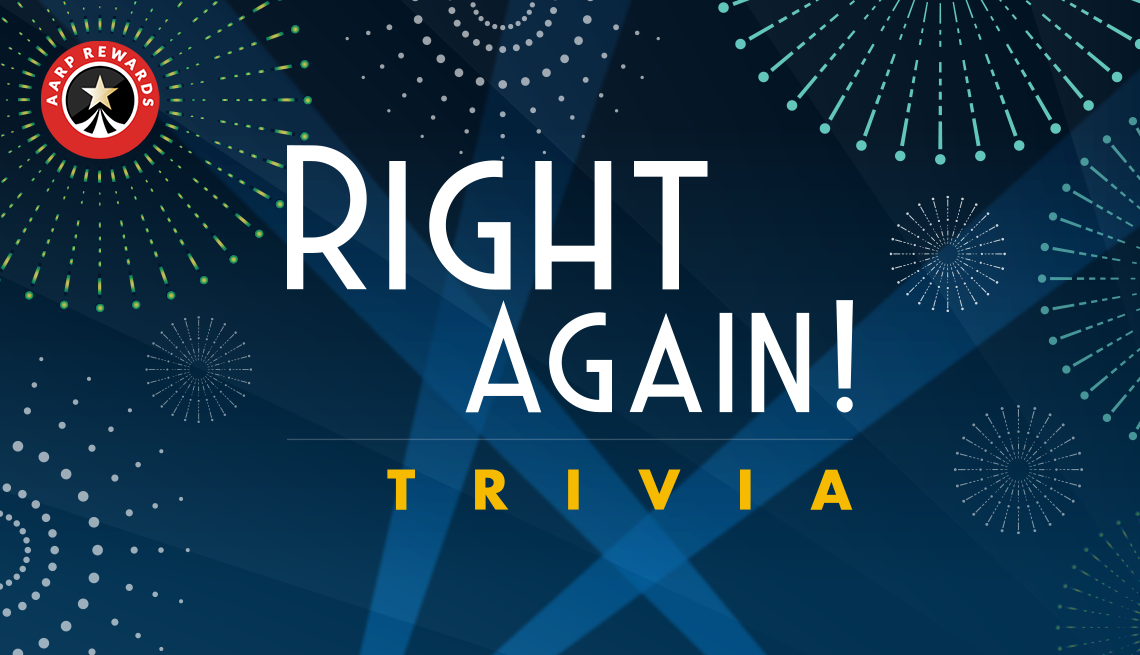I am trying to get a definitive answer to a question: I wrote a check to my homeowner's association which was cashed. A few months later I received a statement with a late penalty saying the payment was never received. I looked up my credit union account online and saw the check was cashed. I contacted the homeowner's association and was told to send a copy of the front and back of the check. I did and noticed the front was unaltered with the name of the homeowner's association on the front, but the back was blanked out. I was contacted afterwards by the person at the homeowner's association and was told it was mail fraud (I had mailed the payment at the post office). I contacted the credit union, showing them, the check and they put in an Affidavit of fraud and said they would investigate. I didn't hear back from them. Instead, a couple of months later, I looked at my account and noticed they had reversed the transitional credit they had issued for the check. Again, I contacted the credit union and was told they had contacted the bank that cashed the check (wouldn't give me the name) and when they don't respond after 60 days, the matter is closed, and I am responsible for the payment. There is no investigation. I contacted the check company and NCAU, National Credit Union Administration and was told since the front of the check was unaltered the check was deposited to the payee. The Homeowner's association is telling me, the credit union shouldn't have cashed the check. What is true and what should I or can I do?












































































